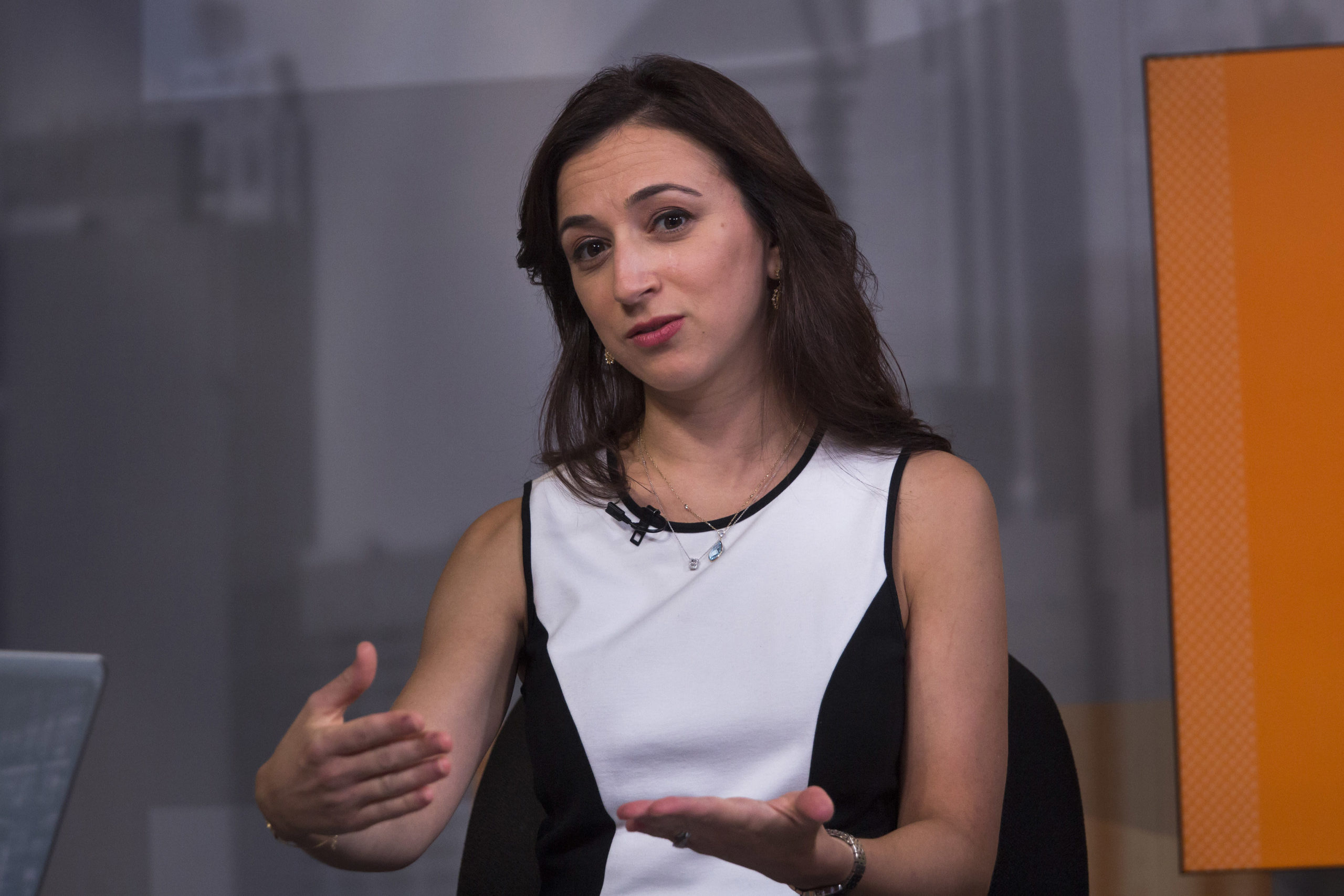The economy faces a bumpy ride as it tries to heal from the shock of the coronavirus recession, according to Michelle Meyer, head of U.S. economics at Bank of America.
In a CNBC interview, Meyer said the U.S. economy has entered the third stage of the coronavirus pandemic called the “healing phase,” after the lockdown and transition phases when businesses shut down and then started to reopen.

Source: CNBC
“This is the part of the cycle where things are going to be a little bit harder, it’s going to be a bumpy ride ahead,” Meyer said.
She spoke before the Commerce Department reported on Thursday that the U.S. economy saw a historic quarterly plunge in activity, a 32.9% swoon in gross domestic product from April through June.
The U.S. officially entered a recession in February as unemployment surged and production halted due to lockdowns to stop the spread of the virus. As businesses started to reopen in May and June, key metrics such as job growth and retail sales have bounced back.
Meyer said the June jobs report, which showed a record increase of 4.8 million nonfarm payrolls, will be the “high-water mark” in terms of monthly payroll growth. Some economists expect job growth will slow as the number of coronavirus cases continues to rise and business uncertainty remains high.
“We do anticipate we will see further job creation in the months ahead, it just won’t be quite as strong as we had seen in June,” she said.
U.S. economic growth going forward will depend on factors such as whether the virus is contained and the degree of fiscal and monetary stimulus, Meyer said. Congress and the Fed have already injected trillions of dollars into the economy to try to blunt the impact of the pandemic, and more stimulus is likely on the way from Washington.
“I do think it’s fair to make the case that monetary and fiscal policy has helped to drive higher the stock market just like monetary and fiscal policy is being used to support the real economy,” she added.
For now, Meyer said disinflation is a bigger concern than inflation due to weak demand from businesses and consumers.
“I think if we actually get inflation on the upside that would be a good problem because it would show that we’re seeing a drop in the unemployment rate and wages are picking up and people have more purchasing power,” she said.

